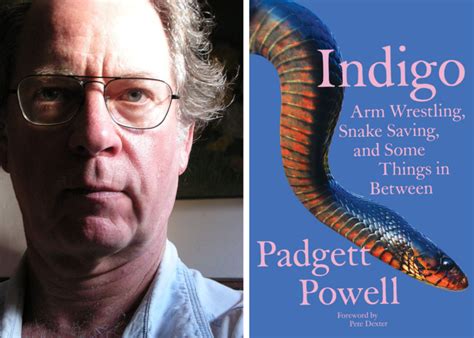The complexities entwined in the art of the interview are profoundly unearthed in the dialogue between Padgett Powell and Jean Marc Ah-Sen. Not merely a conversation, this interaction serves as a symposium on style, substance, and the undulating currents of literary influences. Powell, with his grounded wit, juxtaposes Ah-Sen’s lofty formalism, presenting a dissection of dialogic dynamics. The contrast isn’t just in their personalities but deeply ingrained in their philosophical outlines about literature and language.
In literary narratives, there is often a dance between the ostensible subjects and the underlying authors. In this interview, Ah-Sen embodies an experimental formalist aiming to weave elaborate lexical structures into the discourse. Powell, conversely, operates with a spontaneous alignment to the spoken truths of southern life. This duality in dialogue positions not a mere conversation but a tableau on the effectiveness of communication styles in literature. The interplay is a testament to the richness of literary diversification and an exposition on how personal literary cultivation shapes perceptions and expressions.
There is an innate humor and irony in Powell answering questions that seem to orbit a different galaxy of comprehension. His candid remarks cut through the ornate fabric spun by Ah-Sen’s inquiries, grounding the surreal float of the interview’s tone. Moreover, Powell’s backstory as a student of Don Barthelme adds a layer of historical literary practice to his straightforward responses, which are less about dismissing formalism but more about embracing transparency over obscurity in literary expression.
Critiques on the nature of interviews often highlight the intent of the interviewer in shaping the conversation’s course. This interview is a reflection on that critique—Ah-Sen’s formalist questions not only frame his narratives but unintentionally spotlight Powell’s distinctly contrasting viewpoints on art and language. While mention of Flann O’Brien hints at rich literary heritages influencing Powell, it equally showcases the breadth of reference that literary dialogues can encapsulate, bridging texts and contexts.
The nature of questions themselves can serve as a narrative vehicle. Here, Ah-Sen’s choice of words and the construction of his questions subtly foreground his intellectual canvas, marked by an adherence to a complex, perhaps overly sophisticated, lexical arsenal. This method creates a form of ambiguity, where Powell’s straightforward answers act as an anchor, unmasking the layers of complexity woven into the questions. Such a dynamic illustrates how interviews can morph into intellectual duels where each participant wields their linguistic prowess differently.
Further examination of the piece reveals a subtext about the representational roles journalists and interviewers embody. Ah-Sen, through his intricate questions, perhaps unknowingly crafts a spectacle of himself rather than shedding light on his subject. It’s this inversion of roles that audience members and readers of the interview decipher, leading to discussions about the true focus of interviews—should they illuminate the subject, or serve as a pedestal for the interviewer’s erudition?
The received wisdom within the industry suggests that the quality of an interview should primarily be judged by its elucidation of the interviewee’s thought processes and experiences, not the interviewer’s lexical depth or theoretical bearings. Powell’s responses, filled with an unpretentious clarity, challenge the boundaries of traditional interview norms and argue for a dialogue that leans more towards mutual comprehensibility than intellectual grandeur.
As echoes of this conversation reverberate within the literary community, they stimulate a broader discourse on the balance between form and content in writing. Powell’s engagement with Ah-Sen is not merely an exchange of words but a reflective mirror on the literary world’s orientations toward language and the potency of simplicity over convolution. Ultimately, the interview stands as a lesson in literary aesthetics, contrasting minimalism with complexity, and inviting audiences to reconsider the ways in which we communicate and understand literature.


Leave a Reply